|
The contact with nature and surrounding environment leads to thousands of benefits for the individual, from both a physical and psychologic point of view. These benefits prompted scholars to consider the Outdoor Education as a successful teaching method which offers students the possibility to experience another way to relate to themselves and to other peers by increasing social skills on one hand, and the awareness of the issues of respect for the environment and climate change on the other. The new edition of the course “Outdoor education: a new way of teaching and learning” took place in Palermo from 07/05/2023 to 13/05/2023. The participants came from Spain and Germany, with Marimar Villarroya Fernandez and Maria Insa Adarve from C.E.I.P. OCTAVUS; Barbel Rohde from Alfred Grosser Schulzentrum; and Montserrat Soro Cansado from INS Ronda. Starting from a general definition of Outdoor Education, the participants had the opportunity to analyze the benefits of Outdoor Education such as the student development, which includes the overall wellbeing, the sense of self and the development of competences; the interaction and socialization of students; the psycho-psysical wellbeing; and, also, the contact with the world, which consists in a special bond with nature and a deeper knowledge about environment in order to develop a sense of care and protection of it. The following part of the session was focused on some games that the participants had the chance to practice in the natural environment, such as local parks or beaches. During these outdoor activities the participants learnt the importance of working in team and the value of collaboration in order to reach positive results and, above all,the method of “learning by doing”, which is the main principle of Non-formal Education (NFE). Non-Formal education is the basis of Outdoor education and it may therefore take place both within and outside educational institutions, and cater to students of all age. During the week the participants experienced another branch of Outdoor Education, as known as Urban Outdoor Education and in particular they had the opportunity to find a new way to discover urban spaces, historical and archeological sites by playing digitally interactive scavenger hunts. The online platform used provides tour around a city or building enriched with quizzes and information to discover and it is a good way for teachers in order to keep attention of their students during school trips or museums visits in a gamified atmosphere. The participants were splitted in two groups and the tasks they had to accomplish consisted in taking pictures or videos, finding a spot, answering to a quiz, or accomplishing a mission. In the end all the team performances were available in the results page of the website in which the winner team was shown. It was a really good experience for the participants who had the chance to experience a new way of learning that they can reuse with their own pupils, and at the same time they had fun by exploring and discovering new spots of the city in a more dynamic and engaging tour. Another part of the course was dedicated to the study of the “10 Kurt Hahn principles” and their meaning in order to make the participants aware of the importance of taking care and respecting the surrounding nature environment. The participants played different games and experienced different practical activities with the aim to develop collaboration, socialization, creativity and self-discovery skills in a context of funny learning. The last part of the session, instead, was focused on the any possible “risk” that outdoor activities may involve if the safety rules for the outdoor classroom are not established. Teachers have to anticipate any kind of risks by making their own security plan for the outdoor activities in which they have to check that each student have appropriate clothing and equipment. After studying the things that an outdoor educational planning has to take into consideration, the participants created their own paper map in which they had to highlight all the natural and structural elements of the outdoor space and add some further information, such as places of interest, areas of relaxation or danger and any small or relevant intervention. In conclusion, we can confirm that all participants had successfully accomplished any tasks or game that they will be able to replicate with their students. They will also be able to teach the value and importance of outdoor learning based on the principle that the learning process do not happen just in school classroom but in any different context that is inspiring, involving and creative. Discover more about this course here.
|
Welcome to the ELA Blog. Here you will find articles and photos of our courses and have a look at the topics addressed during the week in Bologna, Palermo and Tenerife. You will also have the chance to take a peek at our projects and check out what we have been up to.
Archives
July 2024
Categories |
-
Course catalogue
- 2023-2024 course catalogue
- Soft Skills >
- ICT and New Technologies >
- Inclusion and Diversity >
-
Innovative Teaching Methods
>
- Innovative teaching methods discovery
- Non-formal education teaching methods
- Dual education and work-based learning
- Teaching leadership and entrepreneurship
- Project based learning
- Game based learning and gamification
- Green skills
- Outdoor education
- Outdoor education trekking edition
- Promoting creativity and critical thinking
- Languages and EU projects >
- Preschool >
- Erasmus Plus KA1
- What we do
- About us
- Locations
- Blog
- Contact us
 English
English български
български Čeština
Čeština Español
Español Français
Français ελληνικά
ελληνικά Italiano
Italiano Polski
Polski Português
Português Română
Română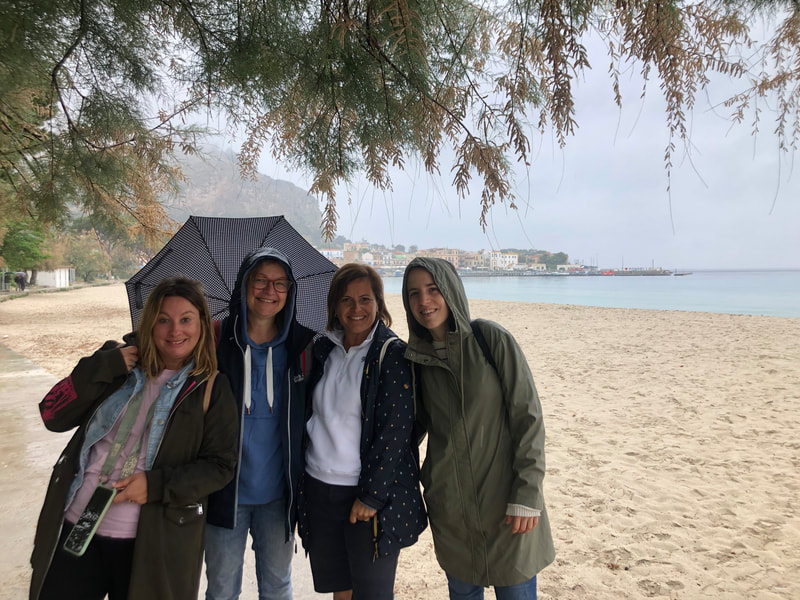
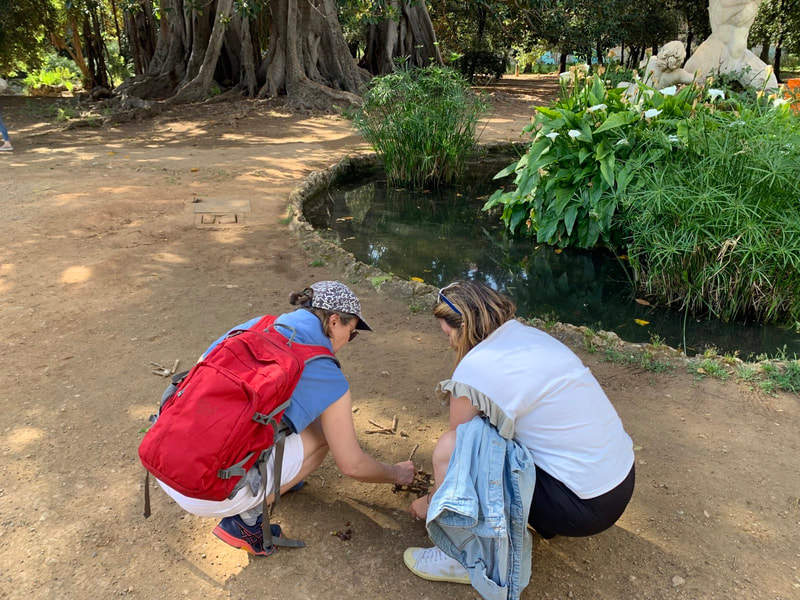
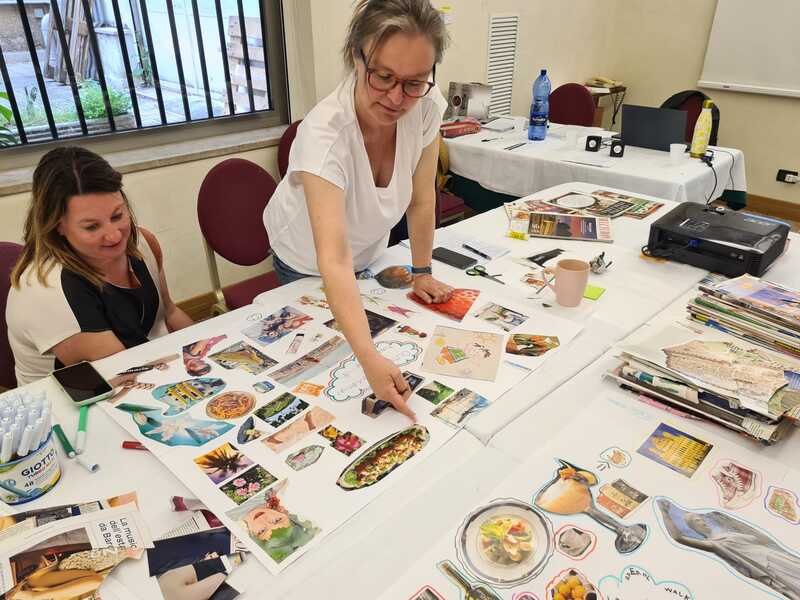
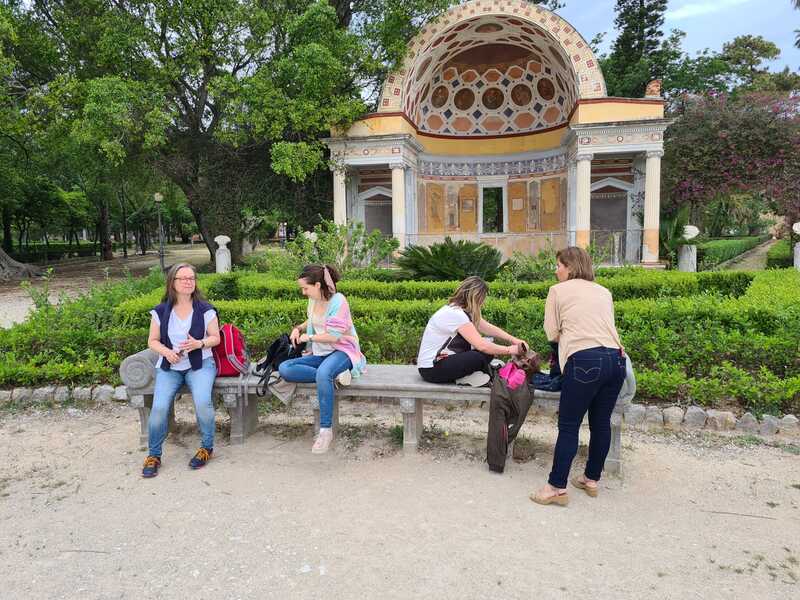
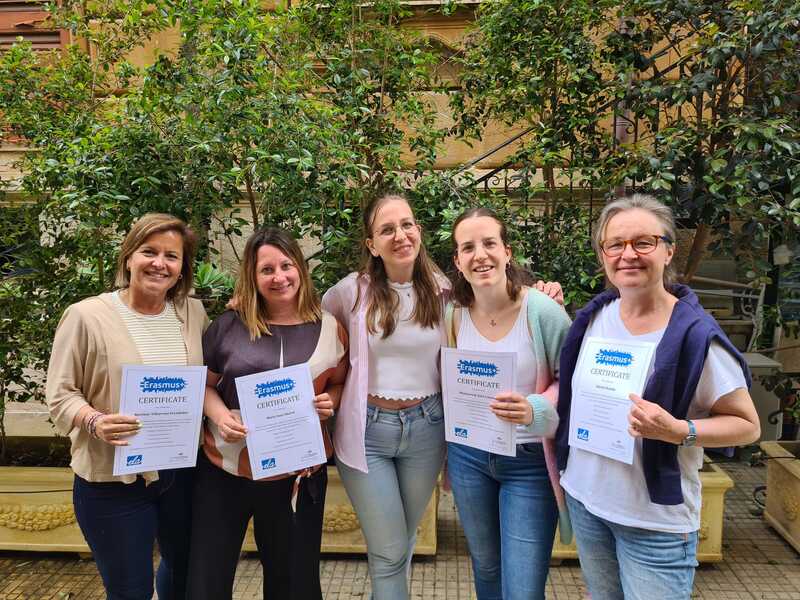
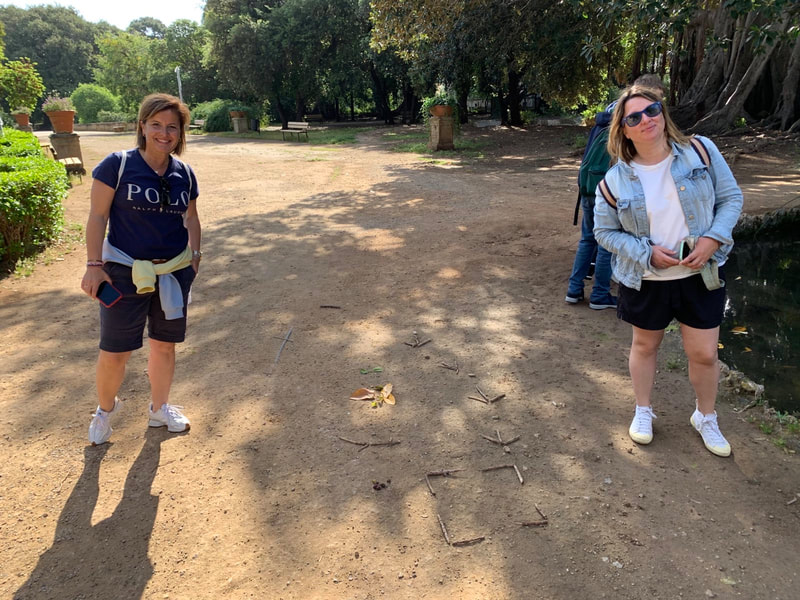
 RSS Feed
RSS Feed









